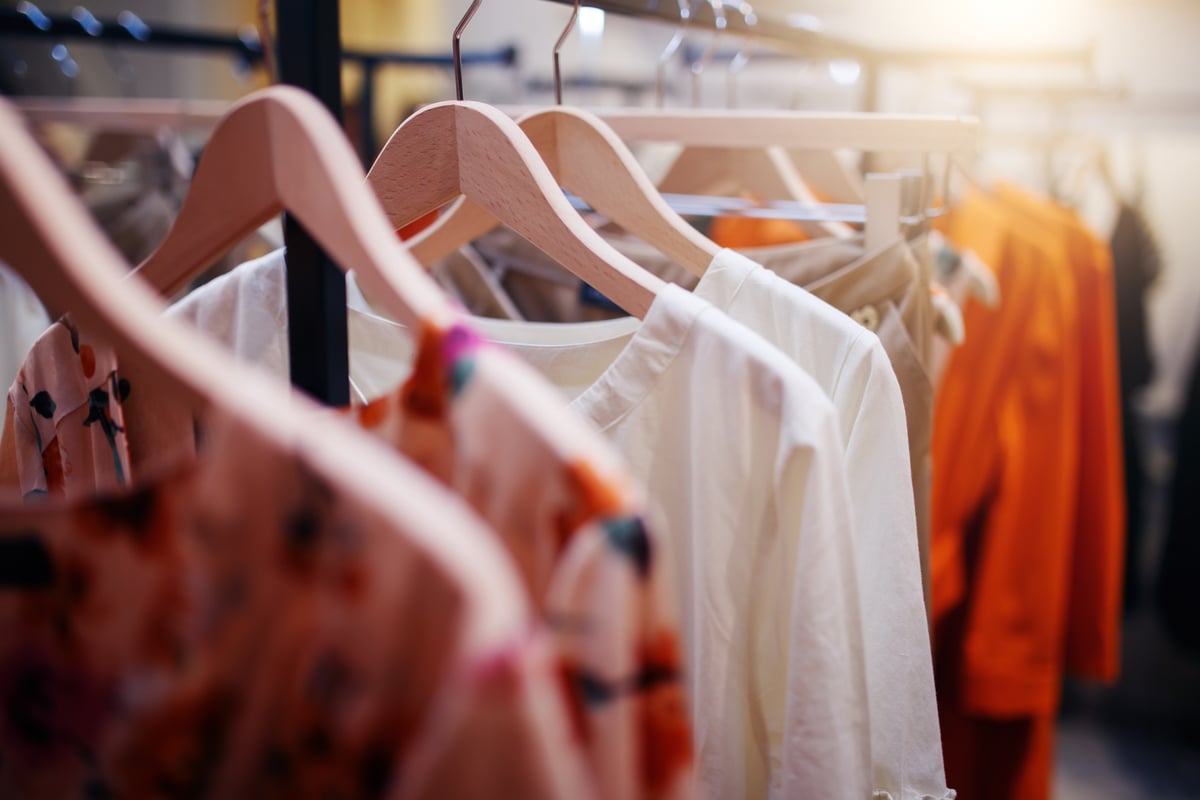When department store chain Kohl's (KSS 3.32%) announced in 2017 that some of its stores would begin accepting returns of merchandise purchased from Amazon.com (AMZN +0.49%), investors were shocked but not necessarily discouraged. Anything that brings much-needed foot traffic into its stores is an opportunity worth exploring. That's why the market didn't even flinch in April of this year when Kohl's rolled out the program to all of its 1,100 locations.
It seems the strategy hasn't paid off in spades, though. For the quarter ending in early November, measurably higher foot traffic only led to same-store sales growth of 0.4%, versus expectations of 0.8%. As Fool contributor Rich Duprey noted then, "The problem seems to be that those Amazon customers just aren't buying much after returning their packages."
The idea of one retailer offering customer service for a rival, however, isn't quite dead yet. The real litmus test will come this January. Kohl's is still the centerpiece of the experiment, but a couple of other consumer-facing names will contribute to the research.
Returned items to reach record levels
If U.S. consumers are supposed to be feeling pinched, they're certainly not showing it. They spent a record $7.4 billion online on Black Friday and topped that by shelling out $9.4 billion in online spending during this year's Cyber Monday.

Image source: Getty Images.
Record online purchases are going to be matched by a record-breaking number of returns, though, as the typical return rate of 10% of merchandise swells to roughly 30% when the item is bought online. An Oracle survey indicates that more than three-fourths of shoppers intend to return at least some of their holiday gifts, setting the stage for what UPS has forecast will lead to a peak of 1.9 million parcel returns on Jan. 2. That's a 26% increase from 2019's peak day for handling returned gifts.
Amazon, of course, will once again be the name behind a disproportionate number of purchases and returns, offering Kohl's another chance to prove it can make something out of its fairly atypical program.
Kohl's may be doing what it's supposed to
The trick is how the company handles consumers who come to its stores for convenience. Is the item something Kohl's can sell them instead, perhaps in a different size or color? Is there an alternative that would work just as well? As Graff Retail President Kevin Graff told RetailWire in April when Kohl's first announced the nationwide rollout, "[U]nless there's a great experience awaiting them in the store don't expect them to do anything but return the item and then leave. A return depot is just that ... a depot."
To that end, some of the numbers are sending mixed messages. Last quarter's same-store sales growth for Kohl's may have been lackluster, but it was positive in an environment where most department store chains continue to struggle. Rival J.C. Penney saw same-store sales fall 6.6% in its most comparable quarter. More middle-ground name Macy's reported a same-store sales slump of 3.5%. And in June, just when the plan was expanding, Earnest Research recorded revenue increases on the order of 8% for stores where Amazon returns could be dropped off, versus growth of only between 1% and 2% for stores not participating in the Amazon trial.
Perhaps Kohl's is finding more success with this unlikely partnership than it's been given credit for.
Check back in three months
Accepting Amazon returns still isn't considered a smashing success for Kohl's, but it's simply too soon to make the call -- for Kohl's or on the idea in general.
Aside from a fairly young nationwide rollout that most consumers may not have even been aware of, it can take some time to break Amazon shoppers' habits. The third calendar quarter of the year also doesn't exactly lend itself to lots of shopping (or returns), except for the back-to-school rush. The fourth quarter is clearly different, with a likely January surge. Even then, it might be fair to reserve judgment until after the first quarter's data is in hand. Holiday spending can be a fickle, unpredictable thing as well.
In that vein, investors will also want to keep tabs on how well -- compared to competitors -- CVS Health, Advance Auto Parts, and Michael's Companies fare following January's wave of package returns. All three companies' stores were named as drop-off and pickup points for UPS in the middle of this year. While they're not the same kind of barometer for consumer spending that Kohl's is, they may collectively offer a glimpse into the value of the strategy.







